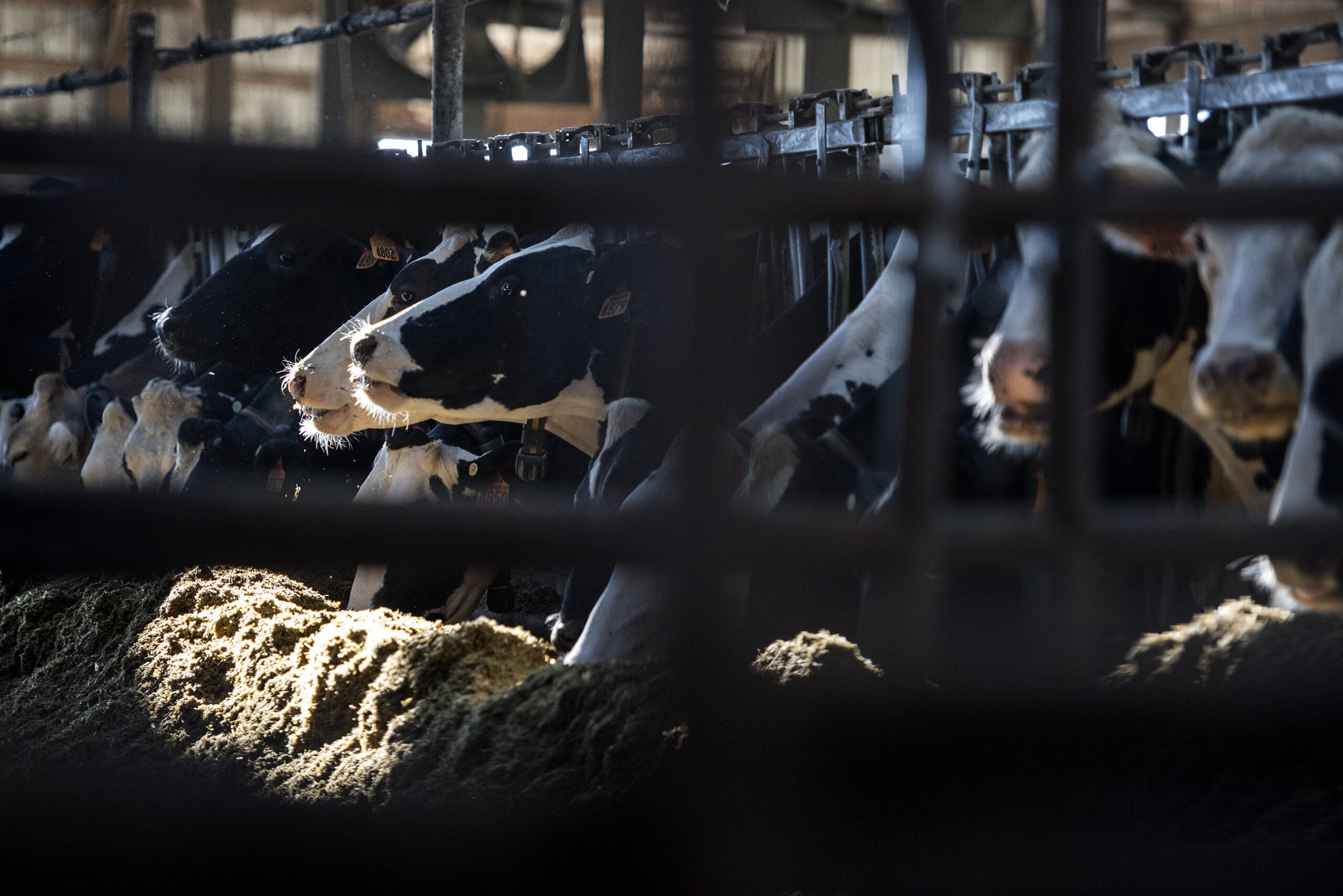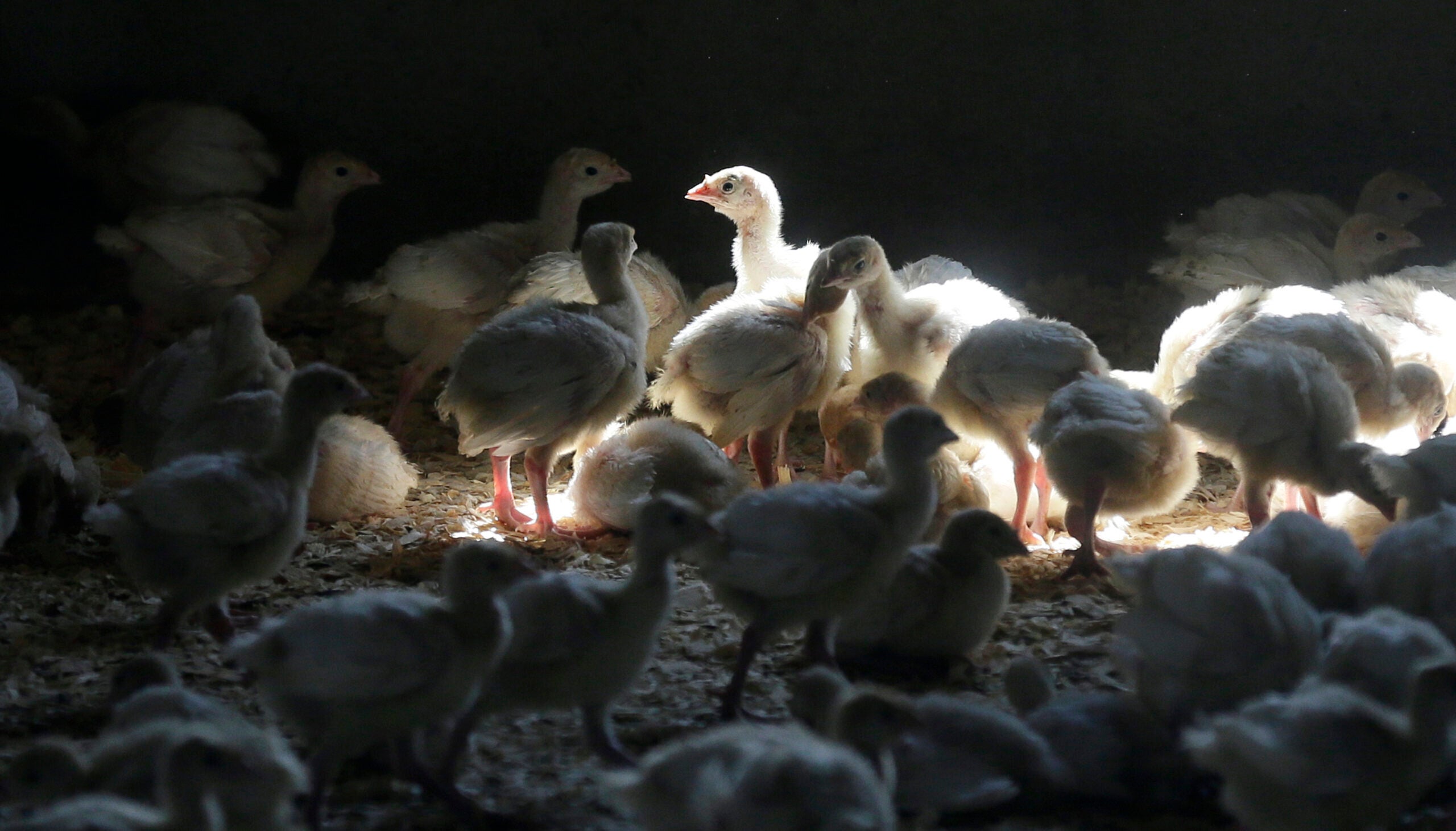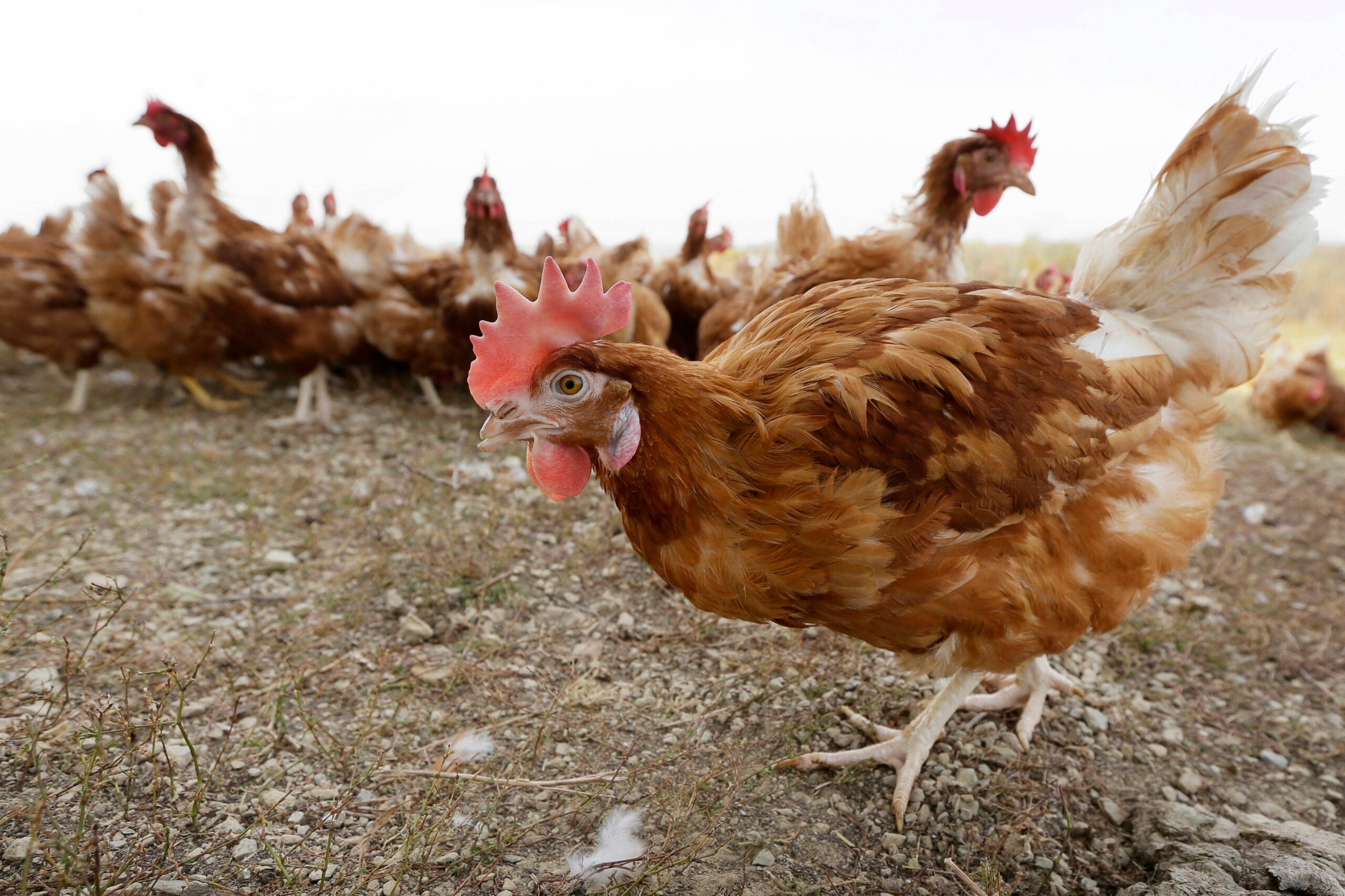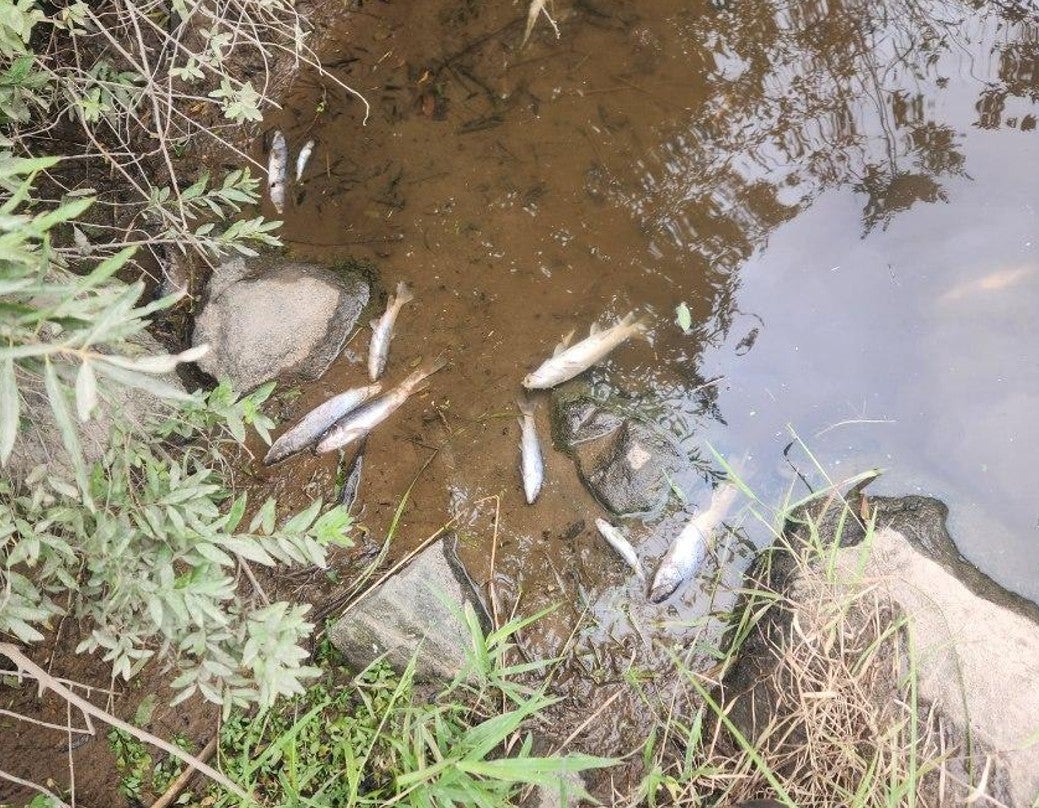Nearly 3,400 mink have died from the coronavirus at a mink farm in Taylor County over the last month, according to the latest numbers from the state Department of Agriculture, Trade and Consumer Protection (DATCP).
DATCP confirmed the first mink deaths from the virus on a farm Oct. 8. At that time, Wisconsin State Veterinarian Dr. Darlene Konkle said several hundred mink at the affected farm had died.
The agency has said it will not release information about the affected farm or parties involved while an investigation into the virus is active.
News with a little more humanity
WPR’s “Wisconsin Today” newsletter keeps you connected to the state you love without feeling overwhelmed. No paywall. No agenda. No corporate filter.
DATCP spokesperson Kevin Hoffman said all animals or animal products are still quarantined on the farm. He said federal and state officials will use testing and other data to determine when the quarantine can end.
“One of the promising developments up there right now is the rate at which the mink are dying has slowed to normal rates,” Hoffman said. “A farm might experience loss due to illness that they might typically see during this time of the year, like pneumonia for example. So that’s what they’re experiencing right now.”
Hoffman said there have been no indications that the virus has spread to other mink farms in the state.
But some in the mink industry say farms are bracing for the impact of surging coronavirus cases in the state’s human population.
Dr. John Easley, a veterinarian from Glenbeulah in Sheboygan County and a mink industry consultant, said most mink farms already had biosecurity precautions in place before the pandemic to guard against infections in their animals. He said farms have become even more strict about limiting visitors and using personal protective equipment in response to the coronavirus. But farms will likely see more cases as the virus spreads in humans.
“It just increases the potential of someone that works on a farm becoming infected and not knowingly then bringing the virus onto the farm,” Easley said. “As the pandemic develops and is maintained even at whatever level, it’s always a risk to our mink farms.”
Just like in humans, Easley said much is still unknown about how the virus spreads among mink and what makes some animals more susceptible to serious illness than others.
“There’s probably some mink that are asymptomatic, certainly. With any infection that gets into a population, you’re going to see different individuals respond in different levels or different intensities of clinical signs,” Easley said. “Just like with people, a lot of the mink get the infection but then get over it. Are there any long term effects to that? How long does the immunity last?”
He said researchers are also working to develop a vaccine to protect mink and other susceptible animals like cats and dogs. But Easley said controlling the virus among humans would have a big impact on minimizing the potential for exposure on mink farms.
In response to the coronavirus outbreaks on mink farms, organizations against animal cruelty have called on Gov. Tony Evers to work with federal agencies to phase out the mink industry in the state and across the United States.
Animal Wellness Action and the Center for a Humane Economy say the susceptibility of mink to the virus make it “very hard to justify keeping this receding industry alive as it becomes a potential superspreader of the virus” to other animals and potentially people. The groups have called for a government buy-out of mink farms in the state.
On Wednesday, Reuters reported Denmark authorities will cull the nation’s mink population after health officials discovered a mutation of the coronavirus spread from mink to people. Officials say a mutated virus could pose a risk to the effectiveness of a vaccine for humans.
In October, DATCP officials said there was little evidence that infected mink have transmitted the coronavirus to humans. There have been no reports of other types of farm animals, like cattle, hogs or poultry, being infected by the virus.
Wisconsin Public Radio, © Copyright 2025, Board of Regents of the University of Wisconsin System and Wisconsin Educational Communications Board.






